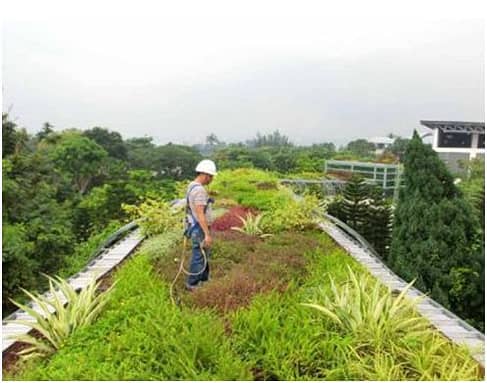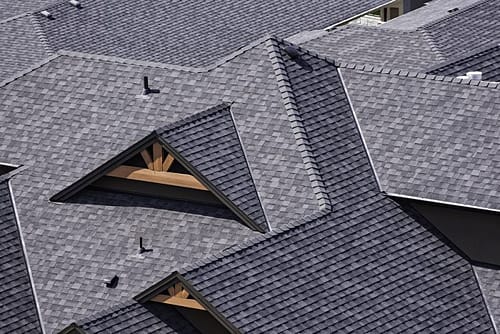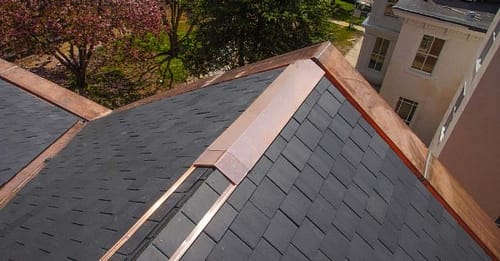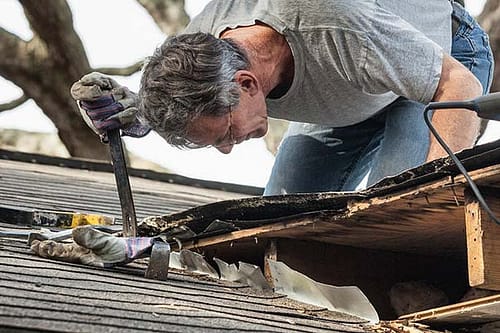Just like any other part of your house, your roof also needs maintenance. It withstands wind and weather and other external factors. You are therefore advised to have a roof inspection carried out once in a while. With the help of roof inspection, you will find out if repair is needed, and you can also take measures to prevent future repairs.
Regular Roof Inspection:
It is advisable to have roof inspection carried out at least twice a year. To do this, contact a specialist and specify the type of roof. For example, one house may have a flat roof, while the other is covered with roof tiles. Moreover, a roof is more than just the top. Your window frames and roof gutters also withstand the same conditions as the rest of the roof, therefore it is also a part of a roof inspection.
What is inspected?
Depending on the size of the roof, a number of issues can be investigated by the roofer. First of all, the state of the roof covering must be analyzed. This includes looking at the seams and connections that run over your roof, as well as any breakages or other damage caused by weather conditions like frost or storm. The connection of the chimney and its condition should also be investigated. Rainwater drainage is also an important aspect of the roof inspection. For this, the condition of the downspouts of your roof is checked. Finally, problems can also be detected with frames, windows, and skylights.
What is being checked?
Flat roof inspection points:
- Check the raining system rainwater
- Check roof
- Check roof penetrations/vents
- Check seam connections
- Check skylight connections.
Roof tile inspection points:
- Check gutters and drain rainwater
- Check roof tiles
- Check ridge princes
- Check the chimney on the roof
- Check lead finishes
- Check dormer window
Preventing leaks:
One of the most important reasons for having a roof inspection carried out is the prevention of leaks. As a result of a leak, indelible damage can sometimes occur to your roof. The condition of your roof is very important. If your flat roof or roof tiles are damaged, water can leak through those places. Incorrect connections with the zinc on your roof, for example around the gutters or the chimney, can also result in leaks. Dirts like leaves can also accumulate and cause trouble. If you do not have this removed often, then this can put enormous pressure on your roof with possible leakage as a result.
Contact a specialist:
The need for roof inspection is necessary, especially in autumn and winter seasons. With an increase in rainfall or snowfall, your roof must withstand relatively much larger weight in these months. By making an appointment with a specialist, all the bottlenecks of your roof can be revealed. Prevention is better than cure. Fortunately, there are many specialists in every municipality to provide you with advice and, if necessary, they also help with roof inspections.
The misconception about a roof inspection is that it involves no more than a brief glance at the roof tiles or roof slabs. But the fact is that the roofing company would carry out all types of testing while inspection to determine whether your roof has any problems or not. Scheduled inspections and maintenance are part of roof management. So it is advised to inspect your roof regularly so that minor issues will be solved soon and it will extend the lifespan of your roof.




